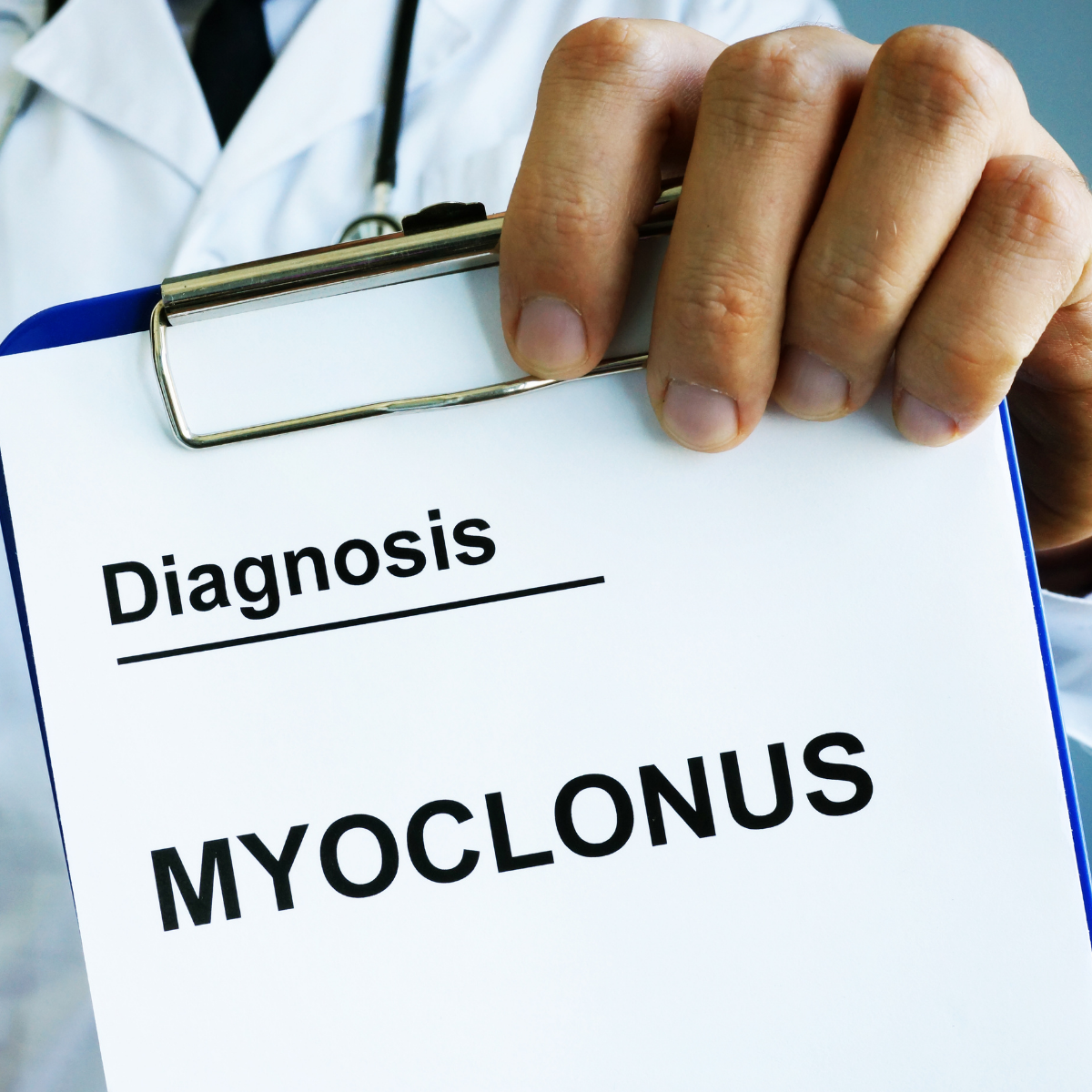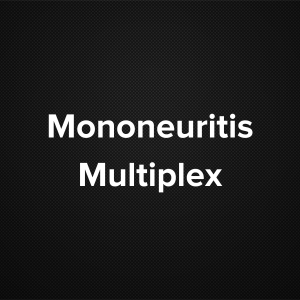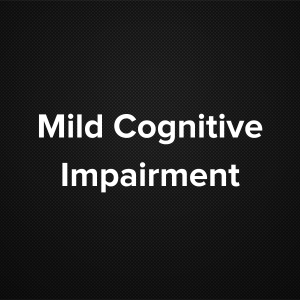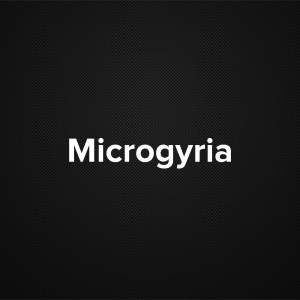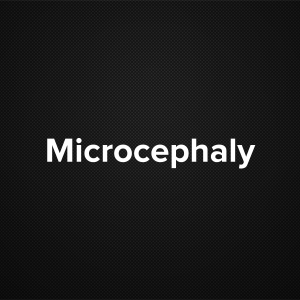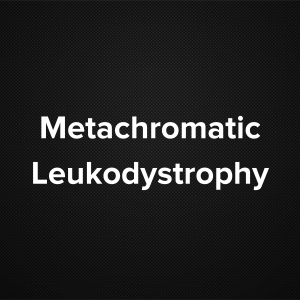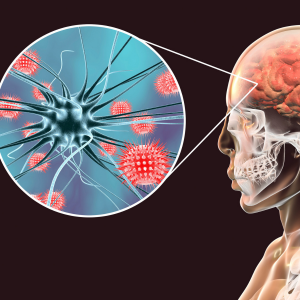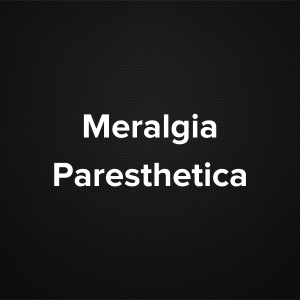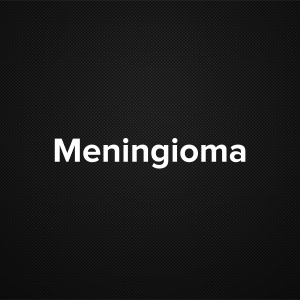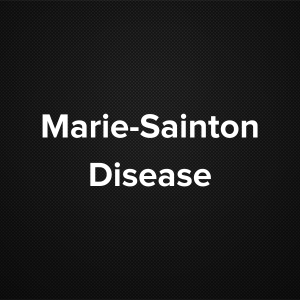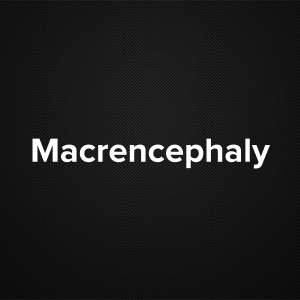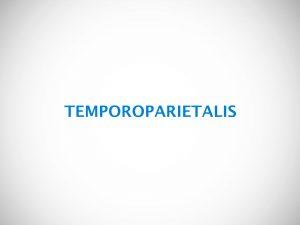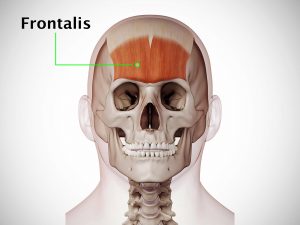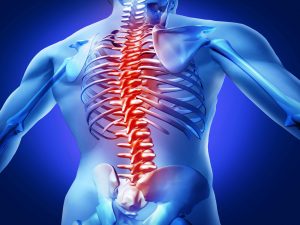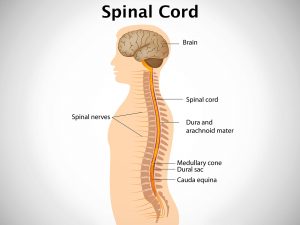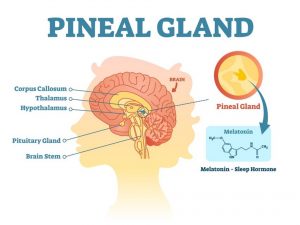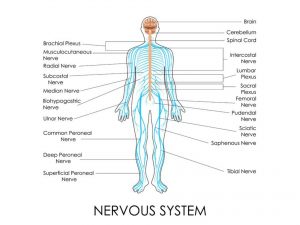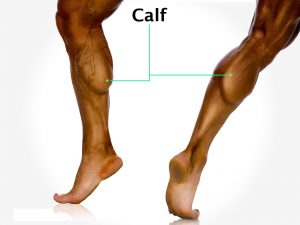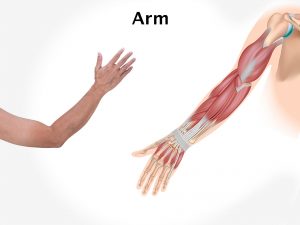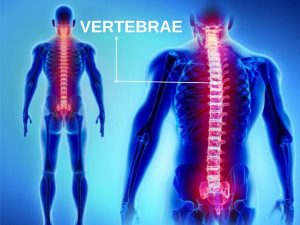Causative & risk factors
Numerous underlying conditions can give rise to myoclonus. The different types are:
Physiological myoclonus – a benign form of myoclonus which affects otherwise healthy people e.g. spasms post-exercise, hiccups etc.
Essential myoclonus – an idiopathic (of unknown cause) form of myoclonus which is unrelated to any underlying illness
Epileptic myoclonus – involuntary jerks experienced as a result of epilepsy
Secondary myoclonus – occurs as a result of other medical conditions.
The causes of secondary myoclonus include trauma to the head or spinal cord, prolonged deprivation of oxygen, diseases of the kidney or liver, infections and certain forms of poisoning. It can also result from certain metabolic or autoimmune conditions, reactions to certain medications and lipid storage disease.
Several neurological conditions can give rise to myoclonus including Parkinson’s disease, Huntington’s disease, Alzheimer’s disease and Creutzfeldt-Jakob disease. Other causes include brain tumors, stroke and certain forms of dementia.
Clinical presentation
Patients of myoclonus experience sudden, involuntary spasms that usually last for a short duration. A specific body part or the entire body may be affected. Other symptoms may arise depending upon the cause of myoclonus.
Investigations
After assessing the patient’s symptoms and carrying out a physical exam, several tests are suggested in order to find the cause of myoclonus.
Several blood and urine tests are carried out to find evidences of underlying diseases. Electroencephalography (EEG) and electromyography (EMG) are performed to study the electrical activity of the brain and the muscles respectively. An MRI scan of the brain or spinal cord is performed to view any changes in the structure.
Treatment
Treatment of myoclonus is aimed at detecting and treating the cause. Medications like anticonvulsants and tranquilizer drugs are prescribed to relieve the symptoms. When medications do not help, injections of botulinum toxin can be used to relieve the spasms.
Recent updates
Researchers are studying the role of ‘Deep brain stimulation’ (DBS) in the treatment of myoclonus.
